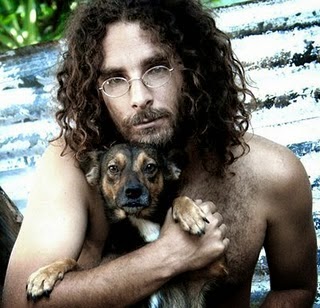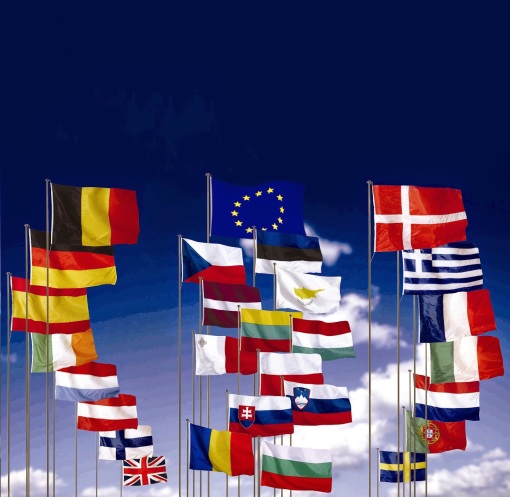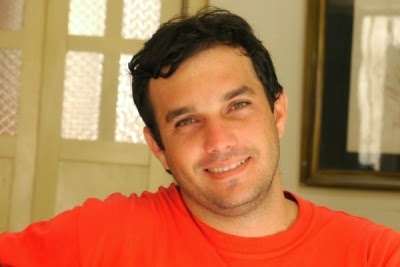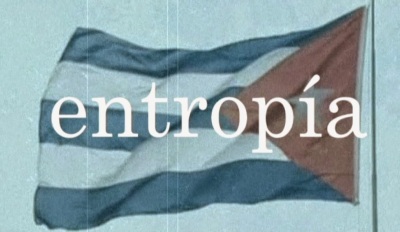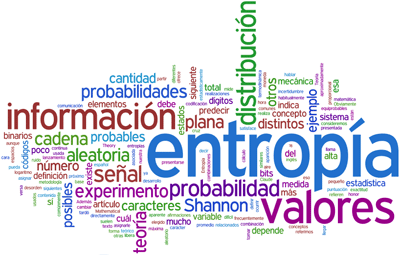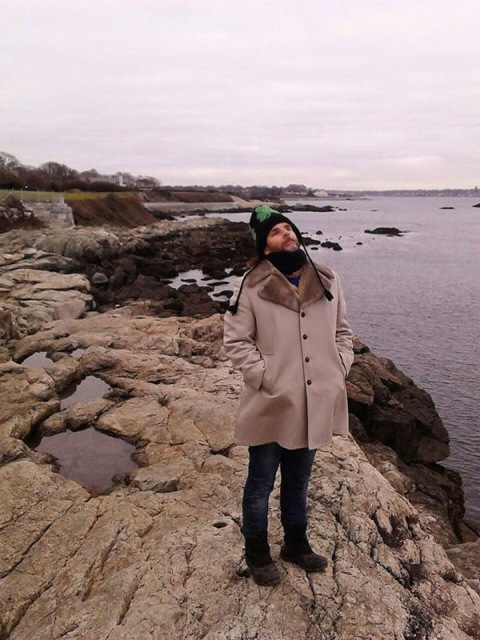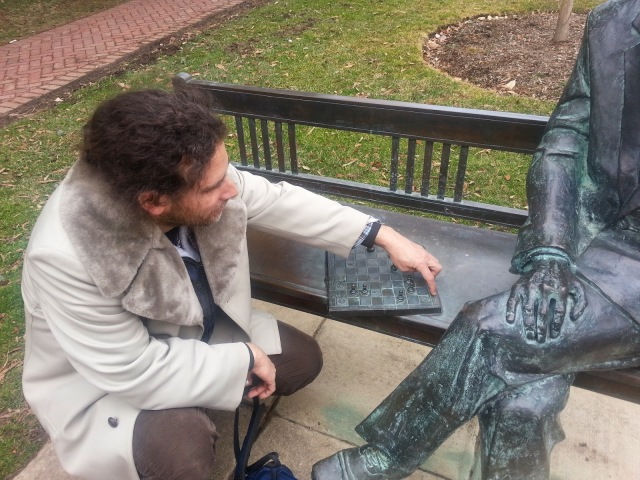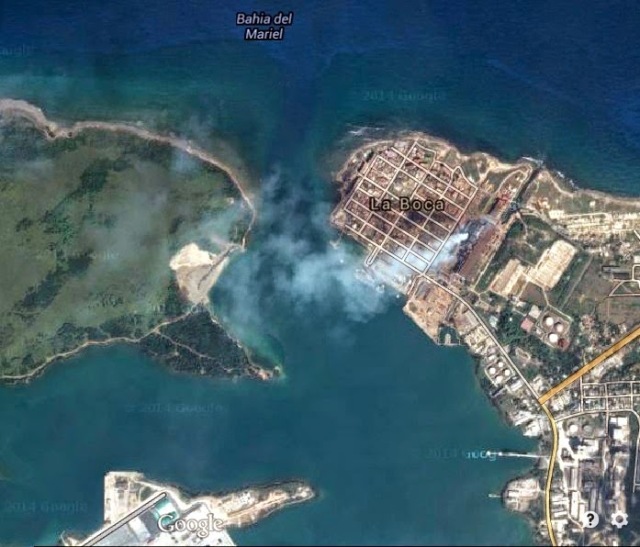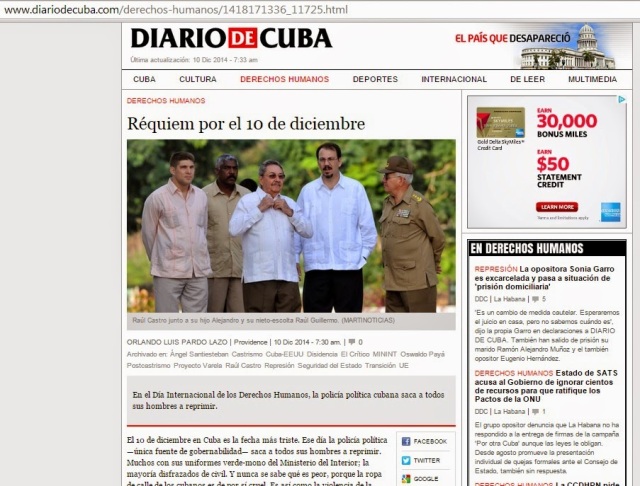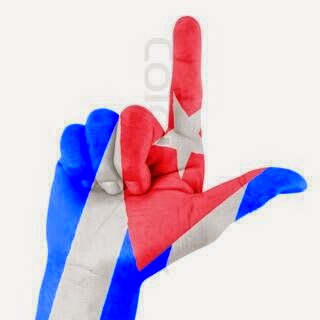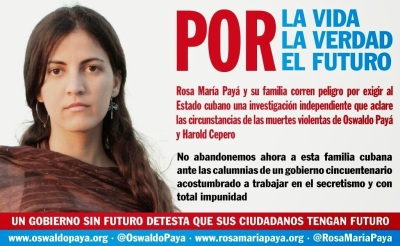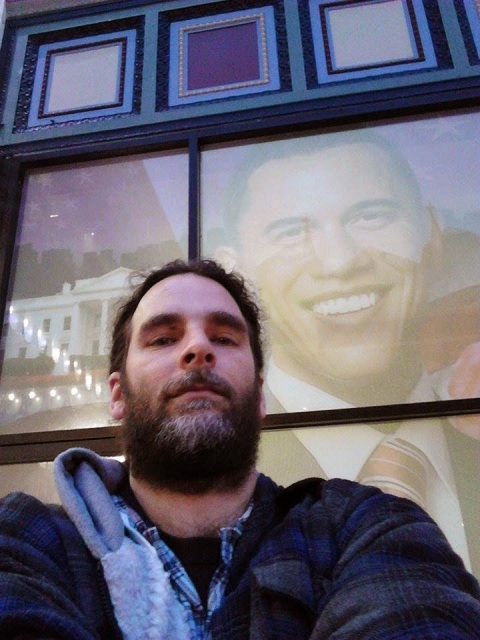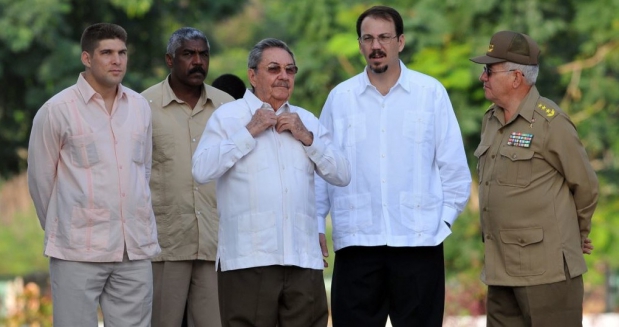Total, infinite pity and shame! The teacher Odali has written Maceo (Antonio Maceo, hero of the Cuban War of Independence) with an “s” on my primary school blackboard, and I started crying. I couldn’t help it. That’s what happened. She wrote “Maseo” with her chalk and I started to cry in the middle of the classroom.
Those times were terrible and loving. The world was blue: Havana was white. My parents were living and that was a permanent certainty. Nobody got ill unless they deserved it. People laughed. Their eyes were shining, perhaps caused by tears. The Revolution still had not become fact. continue reading
I am talking about a house on the outskirts of a city on the outskirts of a country on the outskirts of a history with no outside, a history which is purely internal. Private, intimidating, and insular. There was nothing out in the open.
The week had days which were totally unconnected. Mondays, for example, were miles away from Fridays. April and October never occurred in the same year. Do you know what I’m saying? I am talking about happiness.
The looks on the faces of the dogs I had on my dirt backyard. The odour of resin which oozed out of mangas*, which I always knew were a fruit which had nothing to do with mangos. The smell given off by the tar when the sun beat on the roofs of the houses in Lawton. Neighbourhood buzz. In the US there are one-off sounds, whispers or screams, but no buzz. The counties don’t sound like that. It has something to do with the sea, with the possibility of flooding and flight. Havana sounds like seashells And seashells make that sound because they are echoing the blood circulating round in our heads.
We weren’t bothered about anything. We were immortal. So sensitive. We had marvellous music which was strictly North American. The United States, in the forbidden distance, was the homeland which was waiting for us. It is still waiting for us, far away over there, in an unimaginable memory. Because it would mean less if it were so close. In effect, now, with our US eagle passports in our hands, we are outcasts in all the world. While we seem more free, we are more condemned to float in a slave’s nothingness. We have lost our impossibility.
The sidewalks in Havana were highways. The roots of the almond trees pushed them up. The concrete they used in the fifties had a different density, they laid it with a sense of style and every section had its own personality. I knew that those sidewalks would outlive life on earth.
And then the flamboyants. And the pine trees. They were the first ones to experience the cruelty. They were dying. They cut the pines for two or three decades. The flamboyants fell sick. When the ones in the Parque de la Asunción died, I decided that if I was ever able to leave Cuba, I would never return.
I still walk in Manhattan and I am walking over a map which reflects Havana. Not like Miami, because Miami has no map, it is a whole. In Manhattan every corner has its opposite number in Havana and it’s very easy to work out where you are. Two island cities in two countries which don’t belong to them.
It’s four thirty in the morning in Rhode Island, a mobile island. There’s a new moon which doesn’t let me sleep. I’m sure I am going to spend many days without sleeping from here on out. And then I will fall over, like a pine or flamboyant, exhausted. Laid out.
“Maseo” seems much more human written with an “s” on the blackboard. But no word can make me want to cry. It’s just that I don’t see them as words. I have forgotten the instinctive reflex of reading. It’s all information here, and so you have to read it. Information is innate and it doesn’t speak to you, but to your capital.
We Cubans don’t have contemporaries. We are the only group of people who don’t have any common inclination at all. That’s our salvation. To be an ungroupable group.
I still love them. I still don’t know how to love anyone born in other perfect impersonal groups. This affection is our prison sentence. To keep loving in the Cuban way.
I love you. Do you love me?
*OLPL-provided note for the translation: Manga is a fruit similar to mango, smaller and with a lot of loose thread in its pulp.
Translated by GH
31 October 2014
